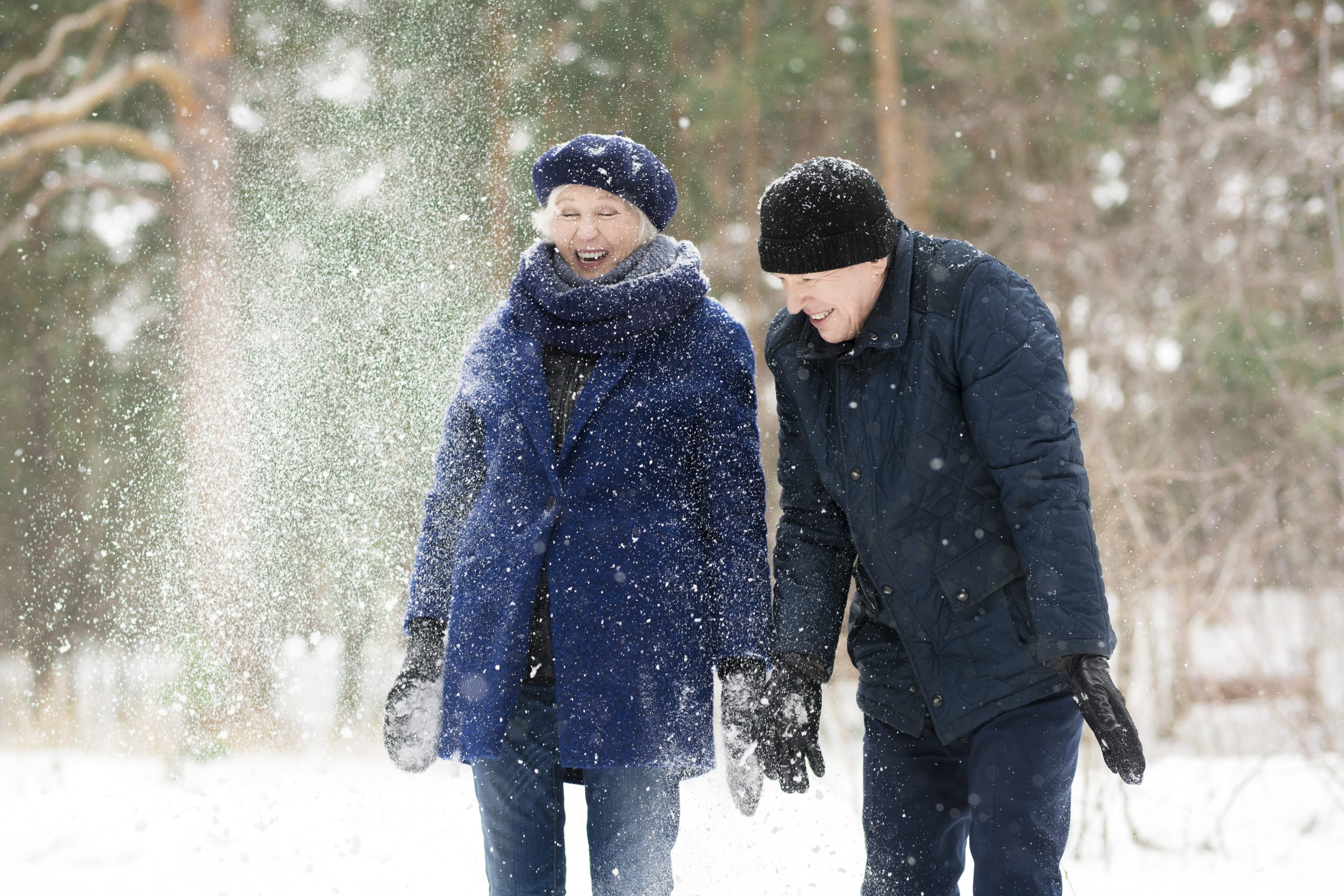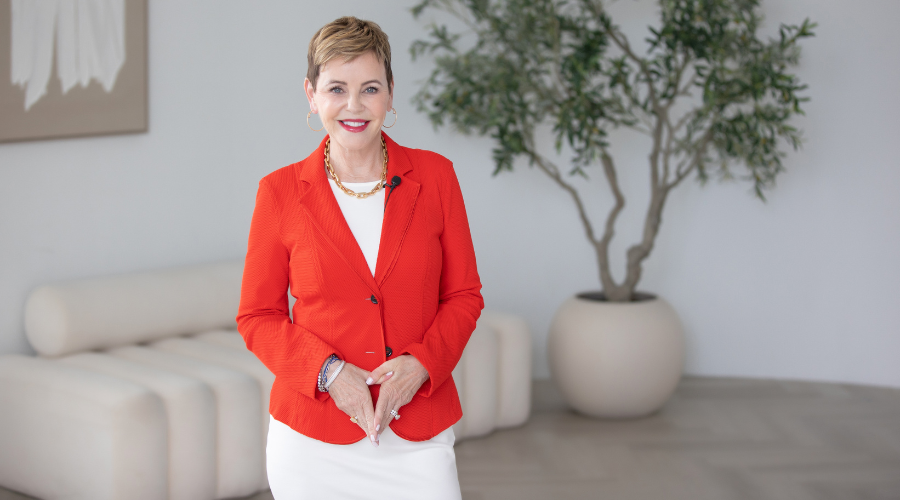When we were raising our daughters, there was one book that mattered most and that was Reviving Ophelia: Saving the Selves of Adolescent Girls by Mary Pipher. Now this same author has a new and timely book, Women Rowing North: Navigating Life’s Currents and Flourishing as We Age. It’s just as important, albeit for different reasons.
“Attitude is not everything, but it is almost everything,” according to Pipher –a psychologist specializing in women, trauma and effects of our culture on mental health– and I tend to believe her. She argues that resilience is the main factor that allows us to grow old gracefully, without becoming bitter. “My knowledge about happiness comes from someone who has struggled with sadness and anxiety much of my life” Pipher states.
Join the club. Recently, I joined a yoga and mediation class. Other than me, the women are middle aged, successful, wives and mothers with high stress jobs and higher stress personal lives. Each woman appears to be struggling with levels of anxiety, work overload and the desire to find a magic cure to make life flow better. As I sit at the back of the class, I recall how trying middle age can be. It feels like being dropped into a “make it or break it” situation every hour. No wonder the fight or flight response is ignited repeatedly and is so hard to turn off even when things calm down.
As the oldest woman in the class, my goals are not as daunting. Similar to Pipher’s research, studies indicate that I’m in good company with most older women as I move away from the make it or break it, fight or flight paradigm. I wish to focus on “the attitudes and skills I need in order to let go of the past, embrace the new, cope with loss, and experience wisdom, authenticity, and bliss.”
In fact, older people tend to be much happier than younger and middle-aged adults. Although there is a prevailing stereotype about the grouchy old women sitting in her rocking chair as she stares out aimlessly from her lace-curtained window, it’s actually not the case. A Brookings Institute study on happiness found “that most women become increasingly happier after age fifty-five, with their peak of happiness toward the very end of their life.”
Pipher’s eye is on women, like myself, who are on the cusp of change. I feel it every day. She turns seventy this year and as she writes: “women in their sixties and early seventies are crossing a border and everything interesting happens at borders.” Almost all of us will at some point face certain health challenges, but it’s not these issues that determine our happiness.
She argues, “Neither our genetics nor our external circumstances determine our happiness. Rather, happiness depends on how we deal with what we are given….Successful resolutions of our developmental challenges don’t just happen. We don’t become our wisest selves without effort. Our growth requires us to become skilled in perspective taking, in managing our emotions, in crafting positive narratives, and in forming intimate relationships. We develop the skills of building joy, gratitude, and meaning into every day. By learning these lessons, we cultivate emotional resilience.”
Ultimately, it comes down to deciding to choose a life that is loving and cheerful or living a life of denial. We’ve all observed both. I knew a woman who was wealthy, married to a gentle, empathetic husband, and was surrounded by children who tried to love her. But she was bitter and resentful. She loathed spending money on herself or anyone else. She let her home run down while keeping the living room furniture covered in white sheets. She lived in a spacious house where she only used the fireplace once, for fear of getting this same living room dirty. She refused psychological care. She denied herself and her family any tiny sense of joy or spontaneity. Once, when I suggested she and her husband embark on a cruise, she replied by saying she wasn’t ready. She passed away in her seventies without ever taking that cruise. Her attitude pretty well destroyed each member of her family, until her death, when certain resilient family members found a way to invigorate their lives. She became the symbol of everything I never want to become.
Other women I’ve known are entirely different. One dear friend, now in her nineties, never married or had children. She is not rich; but her life is filled with joy. Having faced numerous illnesses and surgeries, she continues to enjoy an active social life resplendent with friends and family events, and intellectual pursuits. She reads, enjoys the theatre and lectures, and continues to travel. A personal trainer visits her condo.
As Pipher says, “Resilience is not a fixed trait and we can master the skill of resilience in the same ways we learn to cook, drive or do yoga. Some women remain locked in their smallest selves cosseted by blankets of outdated ideas. Others wither emotionally over time and deal with life’s many body blows by becoming more isolated and self-involved.”
Pipher’s book is filled with narratives about women who find the journey rowing north invigorating, satisfying and meaningful, as does my older friend. Rather than concentrating on success, I mentioned to my husband that for the first time I can remember, I’m feeling less stressed about checking off the boxes that society presents to me and other women. It’s not that I don’t care about people, or my work. In many ways, I do care, more than ever. I just know that there are different speeds at which we can approach love and commitment, and different graphs to measure meaning and happiness, as long as empathy reigns.
Pipher is essential reading because she shows how being kind and forgiving to oneself rubs off. It changes how we relate to others, everyone from the perfect stranger to the most intimate people in our lives. It changes everything for the better.































